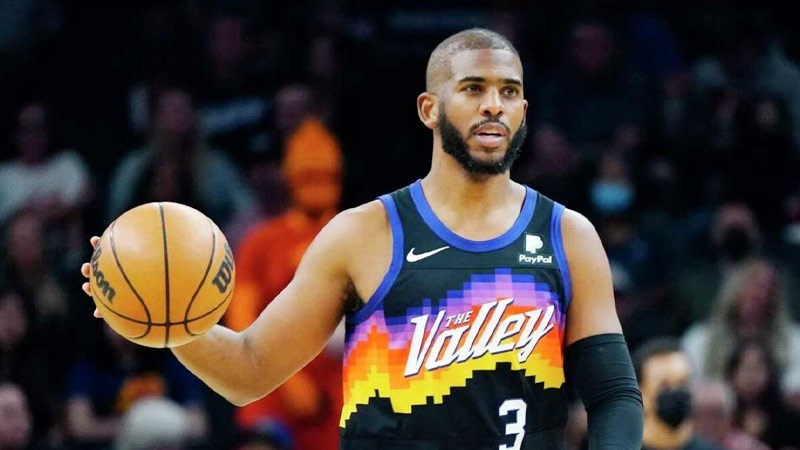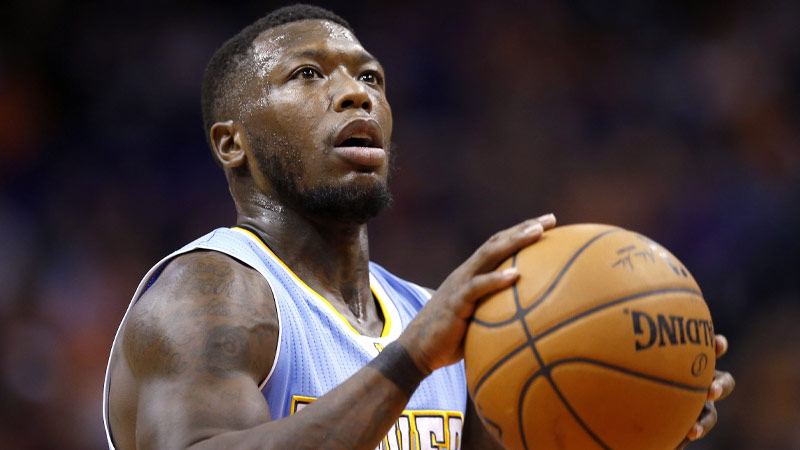In the world of basketball, height is often considered an advantage due to the sport’s emphasis on reaching the basket, rebounding, and defending.
However, there have been exceptional players throughout history who defied expectations by excelling on the court despite their shorter stature.
In this article, we will explore the impact of being short on a player’s performance in basketball and highlight the top 10 shortest players to have played in the NBA.
These players have proven that height is not the sole determinant of success and have left a lasting impact on the game. So, let’s get started now.
Is Being Short Affect A Player’s Performance in Basketball?
Being short can certainly affect a player’s performance in basketball to some extent. The height provides advantages such as easier access to the basket, better rebounding ability, and the ability to contest shots effectively.
Taller players often have a natural advantage in these areas. However, being short does not necessarily prevent a player from excelling in the sport.
Shorter players often compensate with exceptional speed, agility, ball-handling skills, and basketball IQ. They can use their lower center of gravity to their advantage, making it difficult for taller defenders to keep up.
While being short may present challenges in certain aspects of the game, they can be overcome through skill development, strategy, and leveraging their unique strengths.
Ultimately, basketball is a multifaceted game where factors such as skill, athleticism, and teamwork play crucial roles in a player’s performance.
Top 10 Basketball NBA Shortest Players
In the world of professional basketball, height is often considered an advantage. However, there have been exceptional players who have defied expectations and made a significant impact on the game despite their shorter stature.
Here, we will explore the top 10 shortest players in NBA history who have left an indelible mark on the sport.
1. Muggsy Bogues
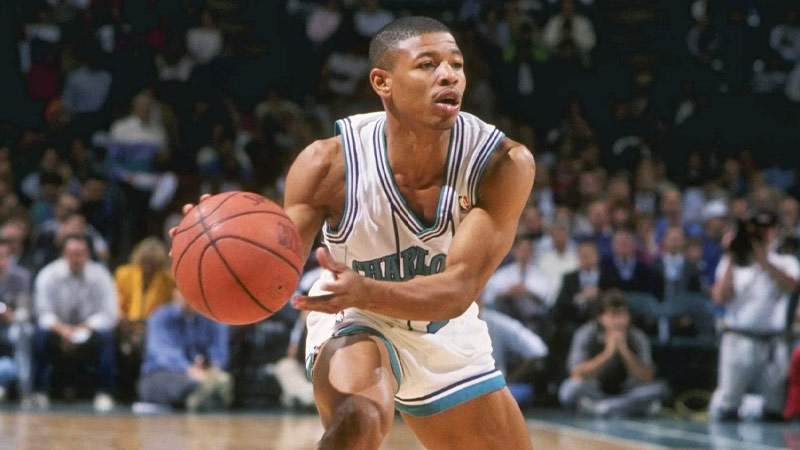
Source: Muggsy Bogues
Muggsy Bogues, standing at only 5 feet 3 inches, holds the distinction of being the shortest player in NBA history. Despite his height, Bogues showcased incredible quickness, agility, and defensive skills during his career.
He became renowned for his ability to disrupt passing lanes, hounding opposing players with his relentless defense. Additionally, Bogues was an excellent playmaker, using his speed and court vision to set up his teammates for scoring opportunities.
His diminutive stature made him an inspiration to aspiring players around the world, proving that size is not a barrier to success in the NBA.
2. Spud Webb
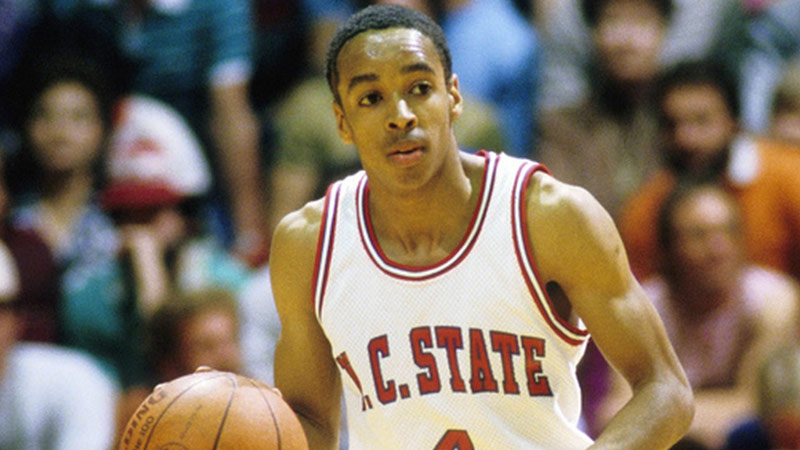
Source: backingthepack.com
At 5 feet 7 inches, Spud Webb was a fan favorite known for his exceptional leaping ability. He won the NBA Slam Dunk Contest in 1986, stunning audiences with his acrobatic dunks despite his modest height.
Webb’s vertical leap and impressive speed made him a valuable asset on the court, allowing him to compete against taller opponents and excel as a point guard. He showcased an electrifying playing style that captivated fans and served as a reminder that height is not the sole determinant of athletic ability.
3. Earl Boykins
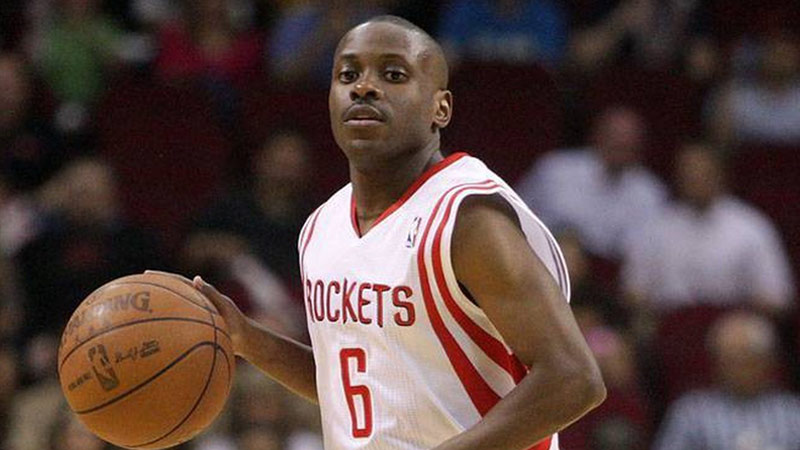
Source: rnn.ng
Standing at 5 feet 5 inches, Earl Boykins was known for his scoring prowess and ability to penetrate defenses. Despite his diminutive stature, Boykins possessed extraordinary speed and agility, allowing him to navigate through taller opponents and finish at the rim.
He utilized his low center of gravity to his advantage, darting through defensive gaps and drawing fouls. Boykins was a fearless scorer who demonstrated that skill and determination can overcome physical limitations on the basketball court.
4. Nate Robinson
Source: bleacherreport.com
Nate Robinson, also 5 feet 9 inches tall, left a lasting impact on the NBA with his dynamic and explosive playing style. He won three NBA Slam Dunk Contests, showcasing his exceptional leaping ability and creativity in the air.
Robinson’s athleticism, tenacity, and ability to score in high-pressure situations made him a fan favorite throughout his career. Despite being undersized, he never backed down from challenges and consistently displayed an unwavering competitive spirit.
5. Chris Paul
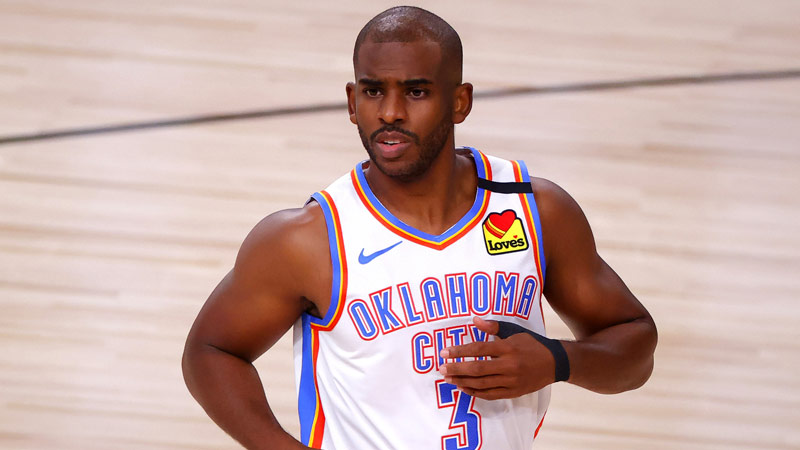
Source: bashabearsbasketball.com
Chris Paul, standing at 6 feet tall, may not be as short as some others on this list, but he has proven that height is not a limiting factor in achieving success in the NBA.
Known for his exceptional court vision, leadership, and playmaking abilities, Paul has consistently been one of the top point guards in the league. His basketball IQ, ability to control the tempo of the game, and precise passing make him a formidable opponent on the court.
Paul’s success demonstrates that skill, basketball intelligence, and determination can compensate for height disparities in the NBA.
6. Isaiah Thomas
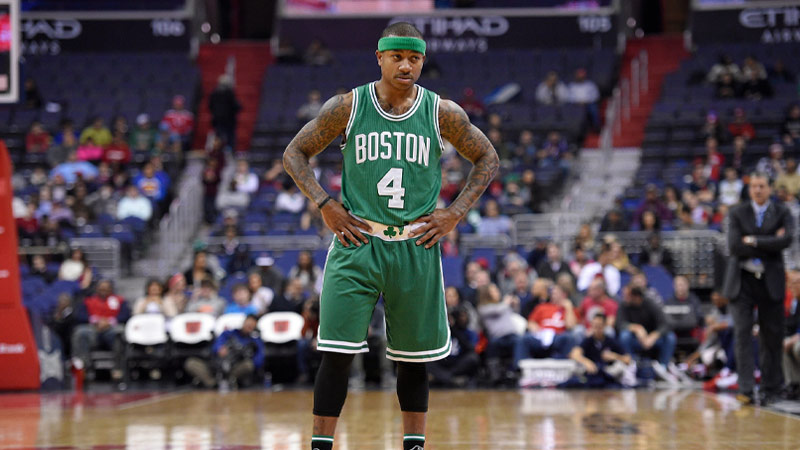
Source: nytimes.com
At 5 feet 9 inches, Isaiah Thomas showcased tremendous scoring ability throughout his career. He possessed a quick first step, a deadly shooting touch, and the ability to create offense for himself and his teammates.
Thomas was known for his fearless attacking mentality, driving to the basket with aggression and using his crafty ball-handling skills to navigate through defenses. He consistently proved that he could go toe-to-toe with taller opponents and emerge as a scoring threat.
7. Damon Stoudamire
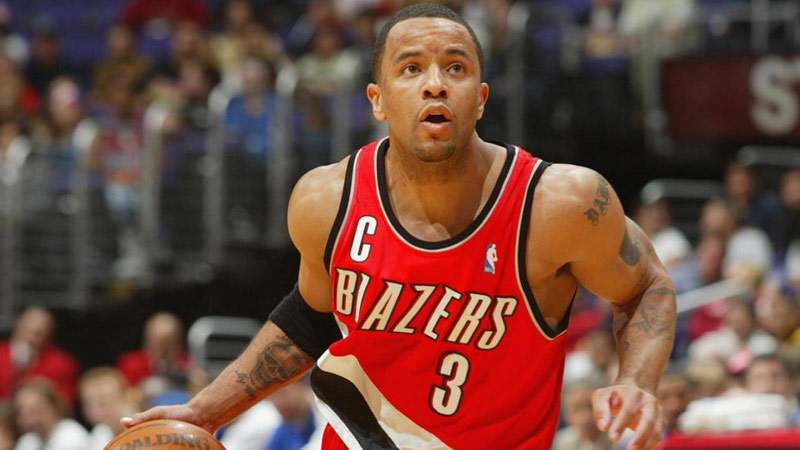
Source: top5.com
Damon Stoudamire, standing at 5 feet 10 inches, had a successful NBA career as a point guard. Known for his quickness, ball-handling skills, and ability to distribute the ball effectively, Stoudamire made an impact on the court despite his height disadvantage.
He possessed excellent court vision, allowing him to orchestrate the offense and find open teammates. Stoudamire’s ability to penetrate defenses and create scoring opportunities made him a valuable asset to his teams.
8. Terrell Brandon
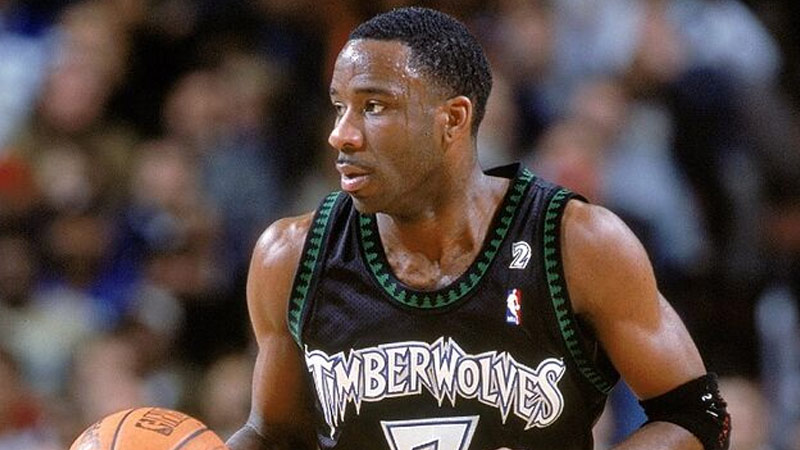
Source: marca.com
Terrell Brandon, 5 feet 11 inches tall, was a skilled point guard who excelled in orchestrating the offense. He possessed excellent court vision, a smooth shooting stroke, and the ability to control the tempo of the game.
Brandon’s ability to read defenses and make smart decisions with the ball made him an effective playmaker. Despite being smaller compared to some of his opponents, he demonstrated that intelligence, skill, and basketball IQ are crucial attributes for success in the NBA.
9. Calvin Murphy
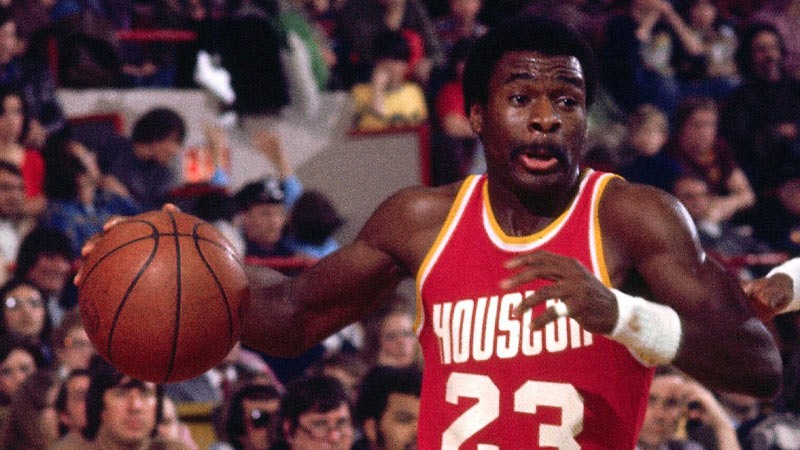
Source: nba.com
Calvin Murphy, at 5 feet 9 inches, had a decorated career with the Houston Rockets. He was a prolific scorer, utilizing his speed and agility to navigate through defenses and create scoring opportunities.
Murphy was known for his exceptional ball-handling skills, allowing him to penetrate defenses and finish at the rim. He was also an outstanding free-throw shooter, consistently converting from the charity stripe at a high percentage.
Murphy’s ability to overcome height disadvantages and consistently contribute offensively made him a respected player in the league.
10. Tyrone “Muggsy” Bogues
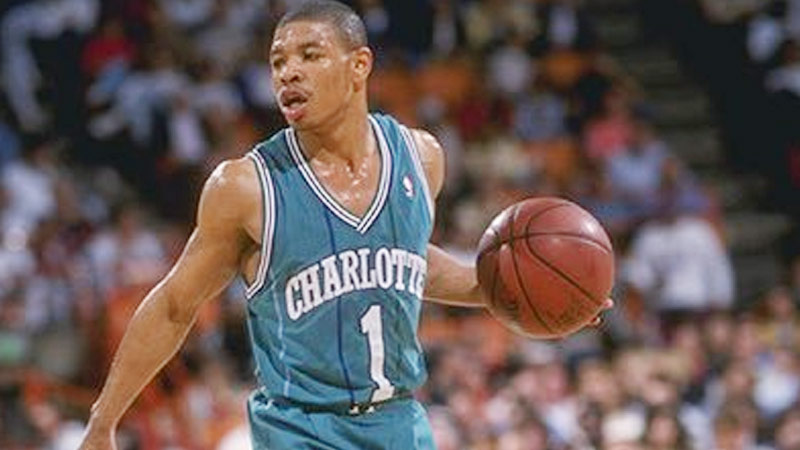
Source: twitter.com
Tyrone “Muggsy” Bogues, the same height as his brother Muggsy at 5 feet 3 inches, was known for his tenacious defense and exceptional passing skills. Despite his height, he had a long and successful NBA career, primarily with the Charlotte Hornets.
Bogues’ defensive tenacity allowed him to disrupt opposing offenses and provide valuable on-ball pressure. Additionally, his exceptional passing ability made him an effective playmaker, setting up his teammates for scoring opportunities.
Bogues proved that determination, skill, and basketball IQ can make a significant impact on the court, regardless of one’s height.
FAQs
Does height play a significant role in basketball performance?
Height does play a significant role in basketball performance, as taller players often have advantages such as reaching the basket more easily, contesting shots, and grabbing rebounds.
Height can also be advantageous in terms of vision and passing, as taller players can see over defenders and make accurate passes.
However, basketball is a multifaceted game that involves skill, athleticism, and basketball IQ, and these factors can compensate for height to some extent.
Are there successful short players in the history of basketball?
Yes, there have been numerous successful short players who have made significant contributions to the game. Players like Allen Iverson, Chris Paul, and Isaiah Thomas have demonstrated that height is not the sole determinant of success in basketball.
These players have showcased exceptional skills, quickness, agility, and basketball intelligence, allowing them to compete at the highest level despite being shorter than many of their counterparts.
What challenges do shorter players face on the court?
Shorter players often face challenges in certain aspects of the game due to their height. They may struggle to finish at the rim against taller defenders, contest shots effectively, or secure rebounds in a crowded paint.
However, these challenges can be overcome through skill development, utilizing speed and quickness advantages, and employing effective strategies to compensate for height differentials.
What advantages can shorter players bring to the game?
Shorter players can bring unique advantages to the game of basketball. They often possess exceptional quickness, agility, and ball-handling skills, allowing them to navigate through defenses and create scoring opportunities.
Their lower center of gravity can make them more elusive and agile, making it difficult for taller defenders to keep up.
Shorter players can also excel in playmaking and perimeter shooting, utilizing their quick release and ability to create space to their advantage.
How can coaches and teams maximize the potential of shorter players?
Coaches and teams can maximize the potential of shorter players by recognizing their unique skill sets and tailoring strategies to suit their strengths.
This may involve utilizing their speed and quickness in transition, implementing offensive plays that exploit mismatches, and focusing on perimeter shooting and playmaking.
Wrapping Up
While height does provide inherent advantages in basketball, being short does not necessarily preclude a player from excelling in the sport.
Numerous successful short players have proven that skill, athleticism, and basketball IQ can compensate for height differentials.
While shorter players may face challenges in certain aspects of the game, they can bring unique strengths such as quickness, agility, and shooting to the court.
Being short should not be seen as a limitation but rather as a motivator to develop and excel in other areas of the game. Best of luck.

